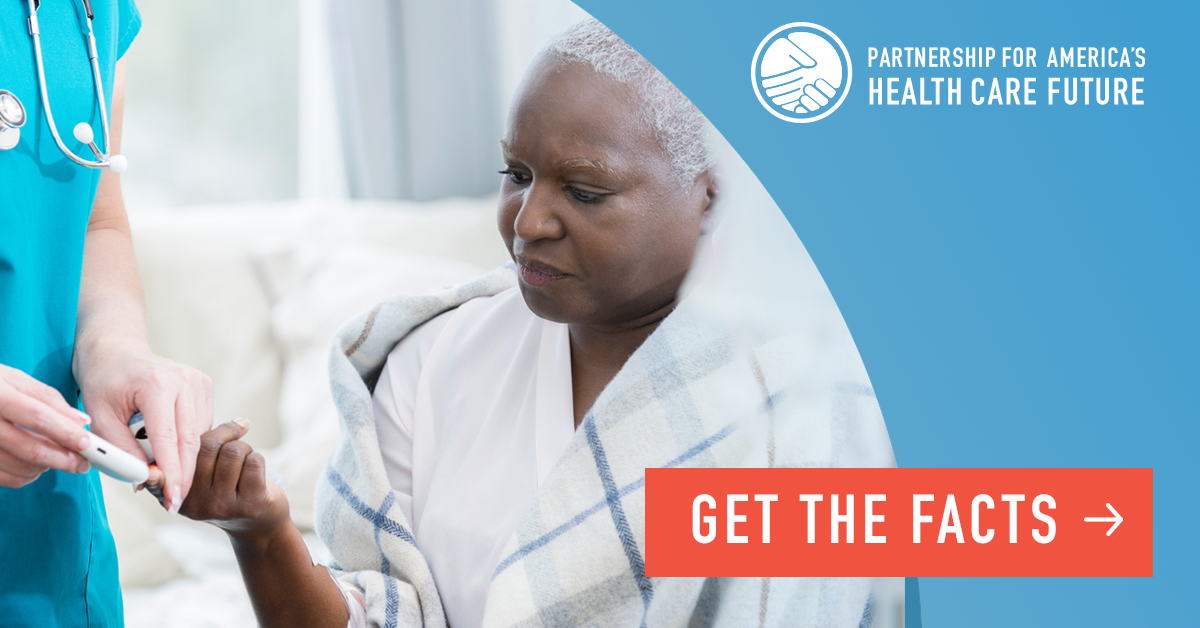2020 Hopefuls Confirm: Public Option Is ‘Natural Glide Path’ To Medicare For All

WASHINGTON – As Medicare for all “falters,” some elected officials and 2020 presidential candidates are embracing so-called “moderate” fallback proposals – often branded “public option” or “Medicare buy-in.” But as The Wall Street Journal reports, in reality these new government insurance systems are just “stepping stones to single payer” – a fact confirmed by pro-Medicare for all Democratic White House hopefuls in last week’s debates.
Speaking in support of one-size-fits-all Medicare for all, Senator Kirsten Gillibrand (D-N.Y.) said: “The truth is, if you have a buy-in over a four or five year period, you move us to single payer more quickly,” adding that under such a system, “our step to single payer is so short.”
And Mayor Pete Buttigieg (D-Ind.), also a supporter of Medicare for all, emphasized in Thursday evening’s debate that a “buy-in” or “public option” system “will be a very natural glide path to the single payer environment.”
In other words, despite repeated claims by other 2020 presidential candidates that “buy-in” and “public option” schemes are moderate alternatives to Medicare for all and would let Americans keep their existing coverage, they are intended to produce the same result: a one-size-fits-all health care system run by Washington.
This isn’t the first time supporters of Medicare for all have acknowledged that so-called “moderate” alternatives are actually designed to push Americans into one-size-fits-all health care. Earlier this year, Senator Chris Murphy (D-Conn.) admitted it would bring about the “slow death” of employer-provided and other private coverage and serve as an “on ramp to a single-payer system.”
And previously, Rep. Jan Schakowsky (D-Ill.), who has co-authored so-called “Medicare for America” legislation in the U.S. House, said: “I know that many of you … are single payer advocates, and so am I … Those of us who are pushing for a public health insurance option, don’t disagree with the goal … This is a fight about strategy for getting there and I believe we will.”
Making matters worse, recent studies provide dire warnings about the ways in which government insurance systems like “buy-in” or “public option” would harm hospitals and threaten patients’ access to the quality care they need. One study found that “[f]or hospitals, the introduction of a public plan that reimburses providers using Medicare rates would compound financial stresses they are already facing, potentially impacting access to care and provider quality.” Another study found that such government insurance systems could force hospitals to limit the care they provide, produce significant “layoffs” and “potentially force the closure of essential hospitals.”
###